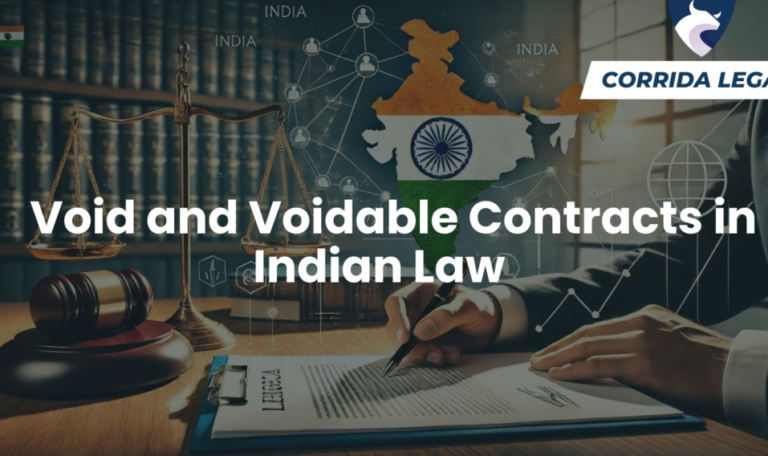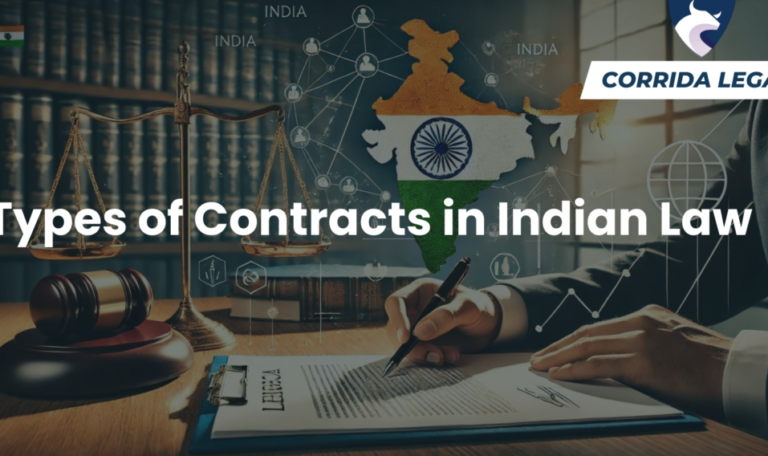Vijay Shekhar Sharma quits the Paytm Board.


Vijay Shekhar Sharma quits the Paytm Board.

This article pertains to Void and Voidable Contracts in Indian Law.

This article pertains to Performance of Contracts in Indian Law

This article pertains to Breach of Contract and Remedies in India.

This article pertains to Types of Contracts in Indian Law.

This article pertains to Essential Elements of a Valid Contract in India.
This article pertains to Overview of Contract Law in India.
In the evolving landscape of technology, the metaverse, a virtual space, is swiftly emerging as a foundation of our digital reality. This captivating virtual space allows users to engage with computer-generated environments and fosters incredible possibilities for socializing, unleashing creativity, and providing a new dimension of entertainment. It marks a transformative shift in how we experience and interact with the digital realm. However, like any space where people gather, the metaverse is not immune to challenges, and a notable concern is the occurrence of sexual harassment within its digital domains.
In the era of information and innovation, data has become the currency of the digital realm, and its protection is paramount. India has stepped into this new digital age with a resounding declaration – the Digital Personal Data Protection Act, 2023 (“DPDP Act”). Enacted with precision, this legislation marks a turning point in how businesses and organisations ought to manage personal data.
In the age of digital transformation, the protection of personal data has become paramount. Recognizing this, governments worldwide are enacting comprehensive data protection laws to safeguard individual privacy and control over personal information. India’s response to this imperative is the Digital Personal Data Protection Act, 2023 (DPDPA). A cornerstone of the DPDPA is its consent-related provisions, which lay the foundation for how organizations collect, process, and manage personal data. Part 1 of this article series will delve into these provisions, offering a comprehensive understanding of the requirements and implications associated with consent under the DPDPA.